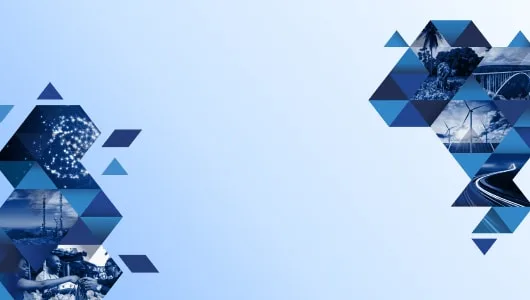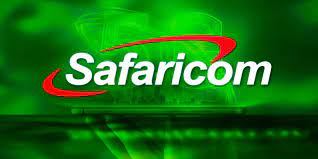The Financial Times (FT) and the Multilateral Investment Guarantee Agency (MIGA) have joined forces to launch the Africa Sustainable Futures Awards.
This prestigious awards program is designed to spotlight and celebrate the most innovative projects addressing some of Africa’s most pressing development challenges.
The awards focus on key critical areas for the continent’s growth and prosperity: clean energy, digital connectivity, urban infrastructure, and gender equality. By recognising and rewarding the efforts of those at the forefront of these sectors, the FT and MIGA aim to encourage further innovation and investment in solutions that can lead to a more sustainable and equitable future for all Africans.
Read also: Orange Corners, Kingdom of Netherlands, FATE Foundation unveil Ogun expansion
Entries for the awards are open until July 31st, inviting diverse participants, from startups to established companies, to showcase their contributions towards a more resilient and thriving Africa. The winners, to be celebrated for their pioneering work, will be announced at a special ceremony, setting a benchmark for excellence and inspiring others to contribute to the continent’s sustainable development journey.
Criteria for these awards
The Africa Sustainable Futures Awards have set specific criteria for identifying and honouring the most impactful and innovative projects. Critical criteria for the awards include project Implementation, where initiatives must have been implemented since 2018 to be eligible, and entries must have annual revenues of at least $3 million or have received an investment of at least $5 million.
Also projects should address one of the following areas: Financing the Access to Clean Energy – Recognizing renewable energy or energy efficiency projects that also increase access to energy and provide climate-smart solutions across vital productive sectors; Resilient Infrastructure – Initiatives that build and modernize critical infrastructure, decarbonize mobility networks, develop green building projects, improve waste management, and boost urban environmental resilience; Biodiversity and Ecosystems Protection – Projects that protect ecosystems by conserving or restoring natural capital and leverage biodiversity to create long-term growth and environmental stability; Gender Equality and Inclusion – Initiatives that expand economic opportunities for women, engage more women as leaders, reduce violence against women and girls, and expand the participation of women and girls in economic growth; Digital Infrastructure – Economically viable and energy-efficient initiatives that promote effective telecommunications markets, deepen the resilience of digital infrastructure and networks, and expand connectivity to disadvantaged groups.
Special attention will be given to projects demonstrating innovative financing and risk management solutions, particularly in the clean energy category. Entries that promote inclusion and affordability for low-income residents, especially in the resilient infrastructure category, will also be given special consideration. Projects that empower vulnerable groups, such as smallholder farmers in the biodiversity and ecosystems protection category, will also be favoured.
These criteria aim to ensure that the awards recognise innovative projects that have a substantial and sustainable impact on Africa’s development challenges.
MIGA’s role in sustainable development
The Multilateral Investment Guarantee Agency (MIGA), a member of the World Bank Group, plays a pivotal role in promoting sustainable development by offering political risk insurance and credit enhancement to investors and lenders in developing countries. MIGA’s commitment to sustainable development is deeply ingrained in its operations, focusing on tackling climate change, environmental degradation, and inequality.
MIGA strongly emphasizes climate finance, providing guarantees that support projects aimed at climate change mitigation and adaptation. In FY23, MIGA delivered a record $1.5 billion in climate finance guarantees. MIGA implements gender action plans, even in conflict-affected situations, to ensure that projects address gender equality and empower women.
Read also: World Food Forum opens applications for Startup Innovation Awards
The agency adheres to the MDB Principles for the Assessment of Paris Alignment, ensuring that its projects contribute to the global effort to combat climate change. MIGA supports projects that enhance biodiversity and climate outcomes, providing technical assistance grants to improve environmental sustainability.
MIGA contributes to the publication of World Bank Country Climate and Development Reports, which guide sustainable development strategies. The agency prioritizes projects focusing on adaptation and resilience, partnering with national African development finance institutions to support climate adaptation finance projects.
MIGA’s approach to sustainable development is comprehensive, integrating environmental, social, and economic considerations to maximise impact and support the achievement of the Sustainable Development Goals (SDGs). Through its various initiatives and partnerships, MIGA aims to foster economic growth, reduce poverty, and improve lives by encouraging foreign direct investment into developing countries with a sustainability-focused lens.















